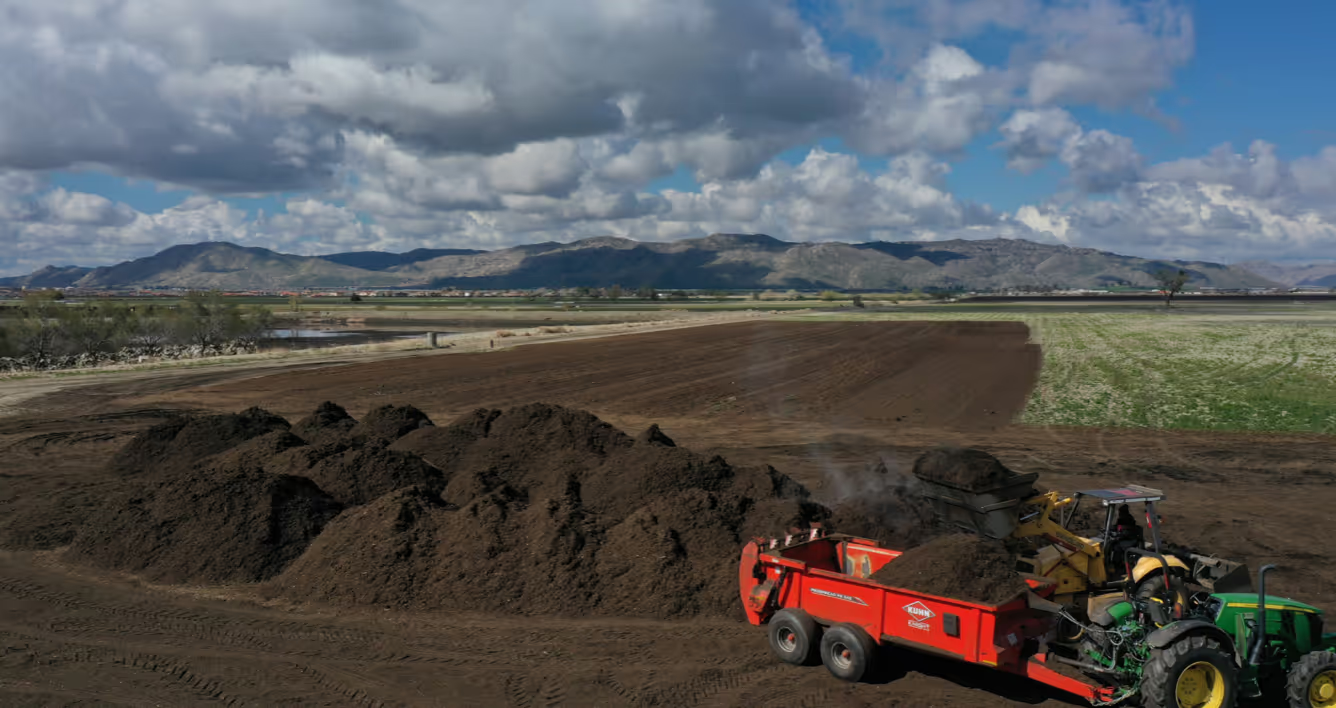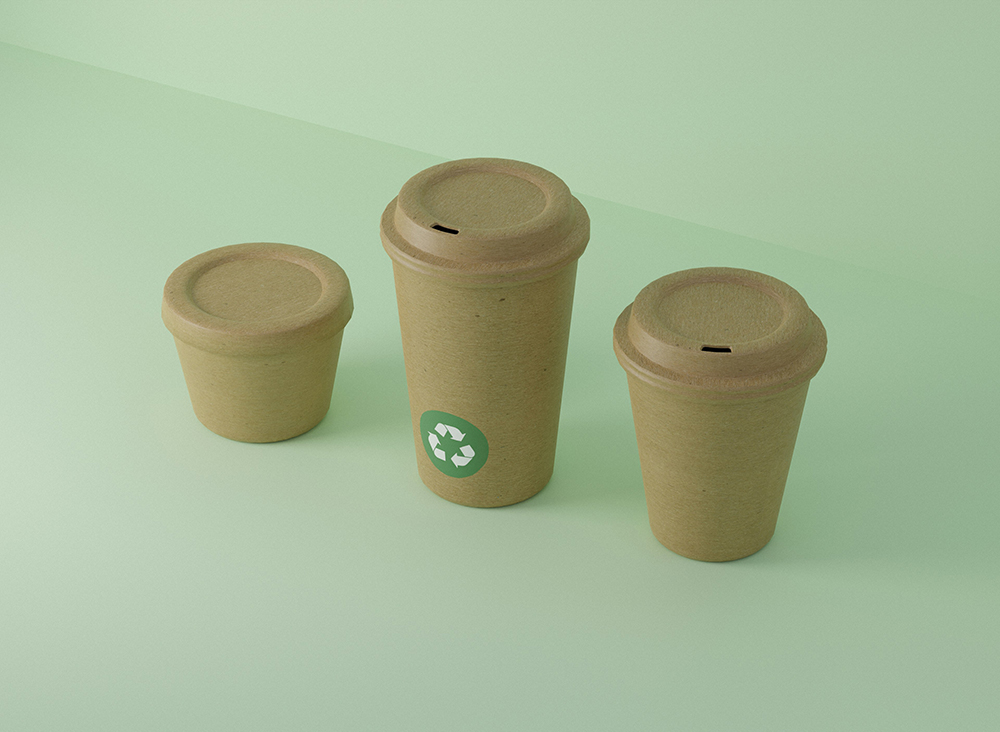Case Study
Evaluating and optimizing packaging policy
Strategies to get businesses ready for shifting environmental regulations

Policy best practices
Policy adoption
Policy impact assessment
Policy stakeholder engagement

This report supports Producer Responsibility Organizations (PROs), regulatory agencies and legislative staff in developing thoughtful EPR programs and EPR investment strategies.

The guide shares best practices for recycling facilities to optimize operations as Extended Producer Responsibility laws accelerate.

More than 330 communities and 12 states across the U.S. have enacted legislation to reduce the environmental harms of single-use plastic bags—from litter and marine pollution to material recovery challenges. But what types of policies actually work, and under what conditions?

This report by the Composting Consortium dives deep into the current state of food waste composting infrastructure in the U.S., explores investment opportunities and offers policy recommendations to accelerate the scaling of this critical infrastructure. Our focus centers on commercial-scale composting facilities with the capacity to accept the most complex organics streams, including post-consumer food scraps alongside food-contact compostable packaging.

The Compost Policy Toolkit offers valuable insights for navigating the complexities of compostable packaging policy and food waste diversion.

This policy brief explains the role that policy can play to support robust compost end markets, enrich soil quality and promote sustainable practices.

This policy brief explains the importance of conducting needs assessments for EPR that account for composting infrastructure and compostable packaging.

In this report, we focus on paper cup recovery, by assessing critical nodes of the paper cup recovery value chain—paper mills, material recovery facilities, brands, consumers and local communities—to demonstrate how, together, these stakeholders can sustain a market for paper cup recycling. Each has a unique and critical role to play in enabling cup recycling.

In our 2023 impact report, the Consortium to Reinvent the Retail Bag shares key learnings—from year one to three—walking through our iterative process of identifying possible solutions, testing them in-market and learning from these tests with the ultimate goal of broader implementation to reach scale. These lessons learned and impact highlights lay the foundation for ongoing work to reinvent in the retail bag in the coming years.

This policy brief explains the importance of clear and consistent labeling designs standards for compostable packaging to reduce packaging waste, outlining 5 recommended actions for policymakers.

The seminal report on the single-use retail bag assessing the current context of the bag spanning consumer behavior, alternative materials, legislation and new innovative solutions on the horizon.